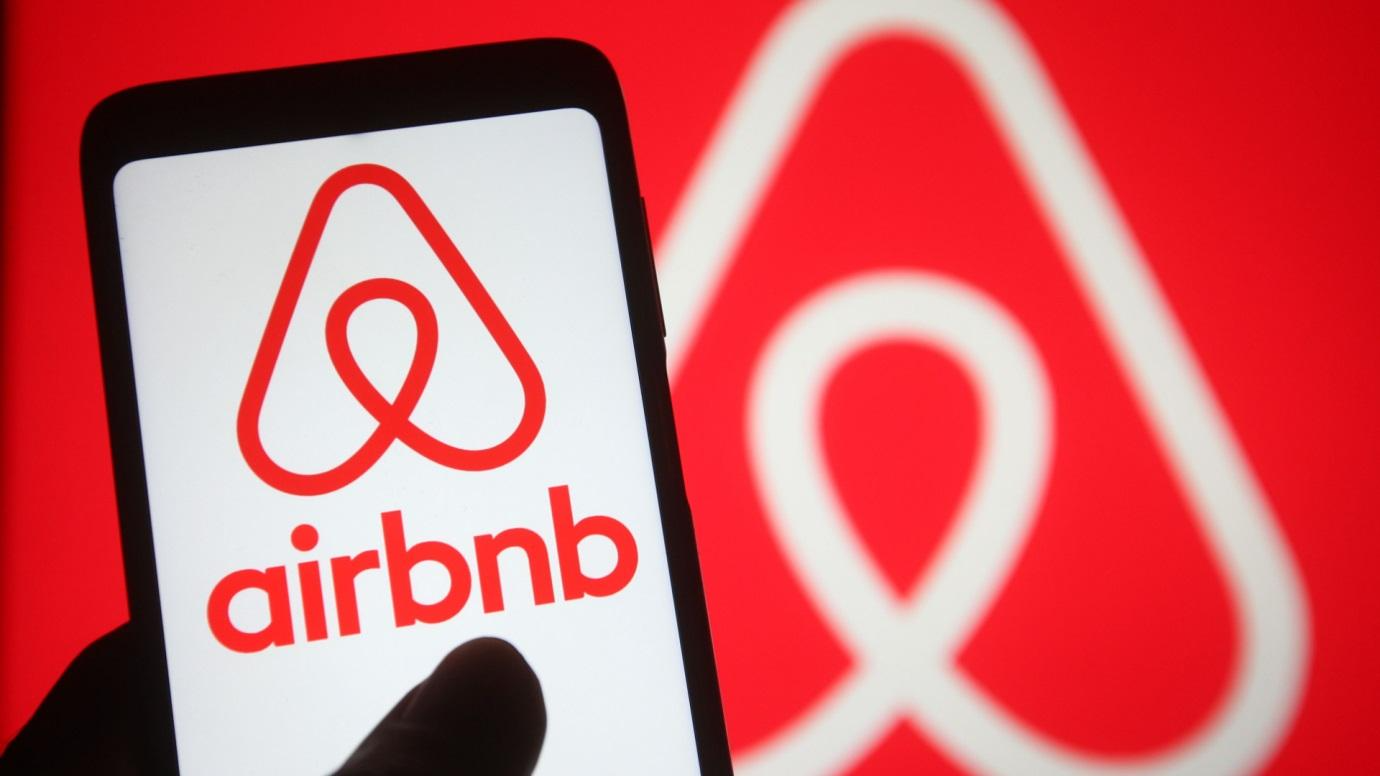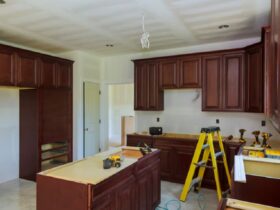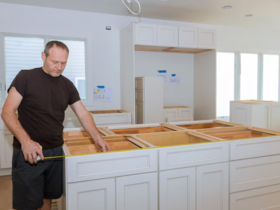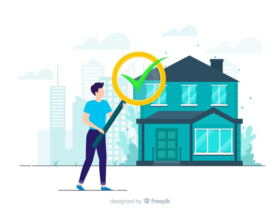Despite its frightening appearance, Airbnb’s official health and safety compliance recommendations are mostly common sense. However, your legal duty is to ensure that your Airbnb is a secure environment for visitors. Did you know that it includes a fire risk assessment?
What Obligations Do Airbnb Hosts in the UK Have?
The primary responsibility of an Airbnb host is to ensure that visitors are safe while they are at their home, in addition to making their stay enjoyable. And to do this, they must do these essential actions.
Legally, hosts must make sure of the following:
- Make sure that there are functioning smoke detectors on each building floor. Regularly check them, and replace the batteries as necessary.
- Install carbon monoxide detectors in spaces with gas appliances, such as a boiler or gas stove.
- Fire extinguishers: Ensure an extinguisher is available and in good working order on each building floor.
- Make a clear and straightforward fire escape strategy for your visitors to comprehend. When your visitors arrive, explain it to them and post it wherever they can see it.
- Emergency contact information: Give visitors the phone numbers for the local police, fire, and medical services in case of an emergency.
- Regularly check and maintain fire safety equipment, such as fire blankets, fire doors, and emergency lighting.
- Electrical safety: Ensure all electrical components, such as outlets and appliances, are in good working order and adhere to UK electrical safety regulations.
- Gas safety: If your property has gas appliances, arrange for a Gas Safe trained engineer to assess them yearly and present a current Gas Safety Certificate.
- Furniture and furnishings: Ensure that every piece of furniture and décor complies with UK fire safety laws, such as the Furniture and Furnishings (Fire Safety) Regulations.
- Clear exits: Make sure all escape routes are unobstructed and straightforward to reach in case of an emergency.
You Must Do Yearly Fire Risk Analyses.
Even while Airbnb properties are not legally “domestic” abodes, the Regulatory Reform (Fire Safety) Order 2005 does apply to them. You must perform a fire risk assessment as a host by taking care of any fire hazards, designating emergency exits, and maintaining these exits clear in case of fire.
In case of furniture changes, etc., we advise doing an annual fire risk evaluation of your Airbnb.
Ensure there is emergency lighting or a clear emergency evacuation plan for guests to use if the emergency exits on your Airbnb home are not obvious, especially at night.
Additionally, hosts must ensure that their upholstered furniture complies with the 1988 Furniture and Furnishings (Fire) (Safety) Regulations’ fire resistance standards. However, most contemporary furnishings include a label stating they are compliant.
Conclusion
You are the expert on your Airbnb rental as the host. Only allow visitors to enter the property if everything feels right. If it doesn’t, have it investigated right away. When it comes to the safety of your guests, you can never be too careful, and gut feelings are frequently correct.
In the event of a negligence claim, a thorough professional Fire Risk Assessment would show that you are a safety-conscious host and have done everything possible to mitigate the fire risk.






